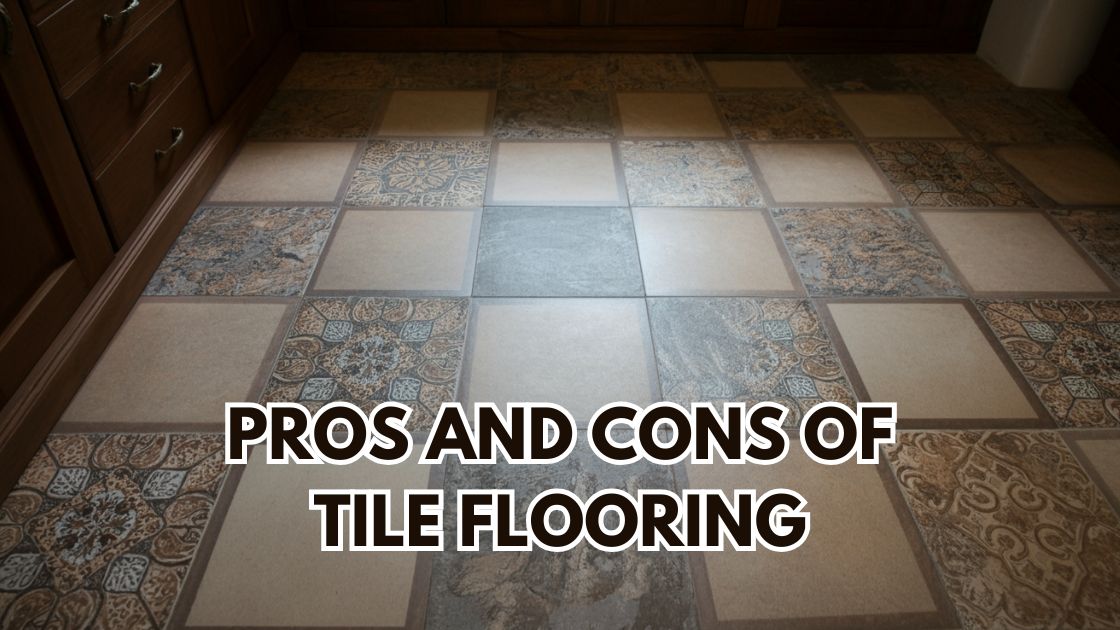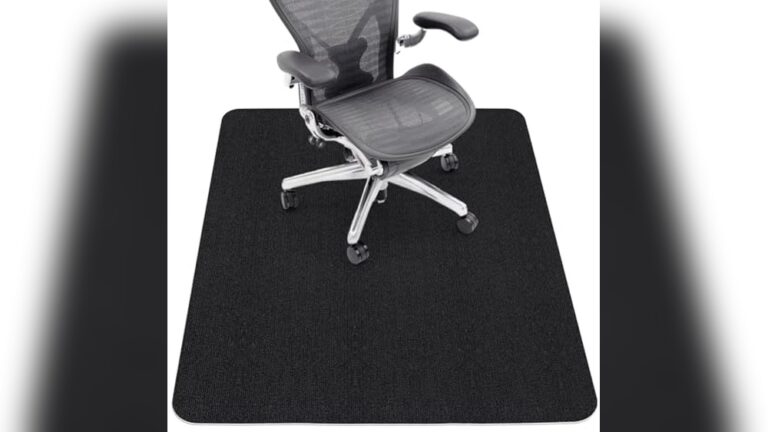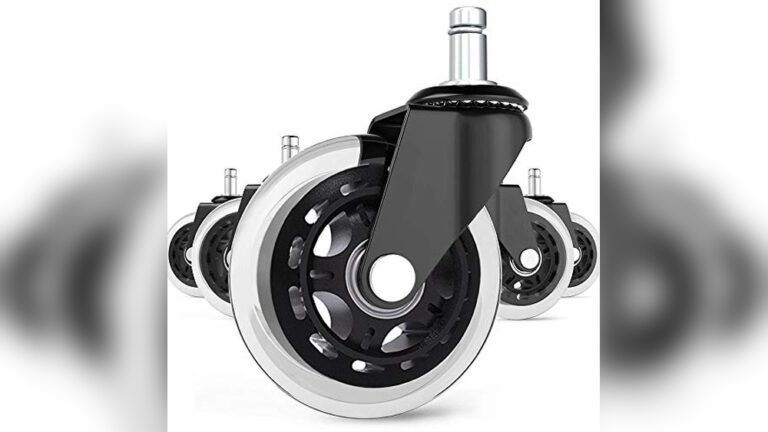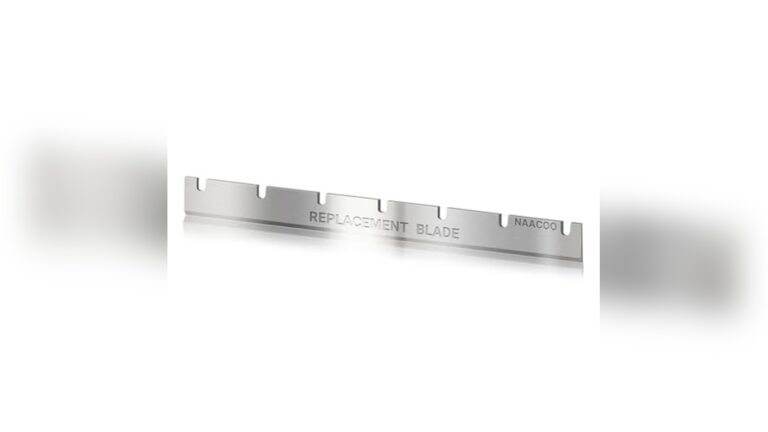Pros and Cons of Tile Flooring: A Comprehensive Guide
When it comes to choosing the right flooring for your home or office, tile flooring often comes up as a popular choice. Its durability, wide range of styles, and ease of maintenance make it an appealing option. However, like all flooring types, it comes with both advantages and disadvantages.
In this article, we’ll dive into the pros and cons of tile flooring, helping you determine if it’s the right choice for your space. We’ll also discuss the various types of tile, cleaning tips, and cost considerations to give you a well-rounded perspective on tile flooring.
What is Tile Flooring?
Tile flooring consists of hard, flat pieces of materials like ceramic, porcelain, stone, or glass, which are adhered to a surface. Tile floors are particularly common in bathrooms, kitchens, and entryways, but their versatility allows them to be used in any room. Here’s a quick look at the popular types of tile flooring:
- Ceramic Tiles: Known for affordability and design variety.
- Porcelain Tiles: Denser and more water-resistant than ceramic, often used for both indoor and outdoor areas.
- Natural Stone Tiles: These include marble, granite, limestone, and slate, offering a luxurious appearance.
- Glass Tiles: Often used for decorative effects, especially in smaller areas.
Pros of Tile Flooring
Tile flooring has a range of benefits that make it a favored choice among homeowners and designers alike. Here’s a detailed list of the advantages:
1. Durability
- Tile flooring is incredibly durable and resistant to wear and tear, making it suitable for high-traffic areas.
- With proper care, tile floors can last for decades without needing replacement.
2. Water Resistance
- Most tiles, especially porcelain and ceramic, are highly resistant to water. This makes tile flooring ideal for bathrooms, kitchens, and entryways where moisture is common.
- Water-resistant properties also make tile flooring an excellent option for humid environments.
3. Low Maintenance
- Tiles are easy to clean with a simple sweep or mop, and spills can be quickly wiped away.
- Unlike other types of flooring, tiles do not require sealing or refinishing (except for some natural stone options).
4. Design Versatility
- Tile flooring is available in countless styles, colors, and textures, allowing you to achieve various looks, from classic and rustic to sleek and modern.
- Tiles can even mimic the appearance of other materials, like wood or marble, providing more design flexibility.
5. Increased Home Value
- Because of their durability and aesthetic appeal, tile floors are seen as a premium option that can boost the resale value of a property.
- Potential buyers often appreciate tile flooring, especially in areas where it adds both style and practicality.
6. Hypoallergenic Properties
- Unlike carpet, tile flooring does not trap dust, pollen, or other allergens, making it an excellent choice for allergy sufferers.
- Tiles are also resistant to mold, mildew, and bacteria, contributing to a healthier indoor environment.
Cons of Tile Flooring
Despite its many advantages, tile flooring does have a few drawbacks. Here are some cons to consider:
1. Hard and Cold Surface
- Tile floors are hard underfoot, which can be uncomfortable to stand on for long periods. This makes it less ideal for spaces where you’ll be standing or sitting frequently.
- Tile flooring tends to stay cold, especially in colder months, which may be uncomfortable for some people. Installing radiant heating beneath tiles can alleviate this issue, but it comes at an additional cost.
2. Grout Maintenance
- The grout lines between tiles can accumulate dirt and stains over time, making maintenance a bit more challenging.
- Grout may also crack or discolor, which requires regular cleaning and, occasionally, resealing.
3. Slipperiness When Wet
- Tiles can become slippery when wet, increasing the risk of falls, particularly in bathrooms and kitchens.
- Some tiles come with a textured or anti-slip surface, but this typically reduces the design options available.
4. Heavy Weight
- Tile flooring is heavy, which may make installation difficult in multi-story buildings. It might not be suitable for all structures without adequate floor support.
- The weight can also complicate DIY installation, as it requires specialized equipment and expertise.
5. Expensive Installation
- The initial cost of purchasing and installing tile flooring can be high, especially with materials like natural stone.
- Hiring a professional installer is often necessary, adding to the overall expense of tile flooring.
Pros and Cons of Tile Flooring at a Glance:
| Pros | Cons |
|---|---|
| Durable and long-lasting | Hard and uncomfortable underfoot |
| Highly water-resistant | Cold surface, especially in winter |
| Low maintenance | Grout requires extra care |
| Design versatility | Can be slippery when wet |
| Adds value to home | Heavy and hard to install on upper floors |
| Hypoallergenic and hygienic | Expensive installation |
Types of Tile Flooring & Their Pros and Cons
Ceramic Tiles
- Pros: Affordable, wide range of colors and styles, easy to install.
- Cons: Less durable than porcelain, may chip or crack under heavy impact.
Porcelain Tiles
- Pros: Denser and more water-resistant, suitable for both indoor and outdoor use.
- Cons: Higher cost, difficult to cut and install.
Natural Stone Tiles
- Pros: Luxurious appearance, unique texture, and color variations.
- Cons: Requires sealing, high maintenance, and expensive.
Glass Tiles
- Pros: Highly decorative, brightens up small spaces, resistant to stains.
- Cons: Fragile, not suitable for high-traffic areas.
Maintenance Tips for Tile Flooring
While tile flooring is generally low maintenance, a few key practices can help you maintain its appearance and longevity:
- Regular Cleaning: Sweep or vacuum tiles regularly to remove dirt and debris that can scratch the surface.
- Mopping: Use a mild detergent and water to mop the floor as needed.
- Grout Care: Clean grout with a soft brush and mild cleaner. Sealing grout lines annually can also help prevent staining.
- Avoid Harsh Cleaners: Acidic or abrasive cleaners can damage the tiles, particularly natural stone types.
Tile Flooring Costs
Tile flooring costs can vary depending on the material, quality, and installation requirements. Here’s an estimate of price ranges:
- Ceramic Tiles: $2 to $8 per square foot
- Porcelain Tiles: $4 to $12 per square foot
- Natural Stone Tiles: $7 to $20 per square foot
- Glass Tiles: $10 to $30 per square foot
Keep in mind that professional installation costs can add $5 to $15 per square foot, depending on complexity and location.
Tile flooring is a versatile, durable, and attractive option with many benefits, from water resistance to design flexibility. However, as we’ve explored, it does have some downsides, such as its cold surface and grout maintenance.
Understanding the pros and cons of tile flooring is essential in deciding whether it’s the right choice for your space. By weighing factors like cost, maintenance, and personal comfort, you can make an informed choice that best suits your lifestyle and home decor preferences.






